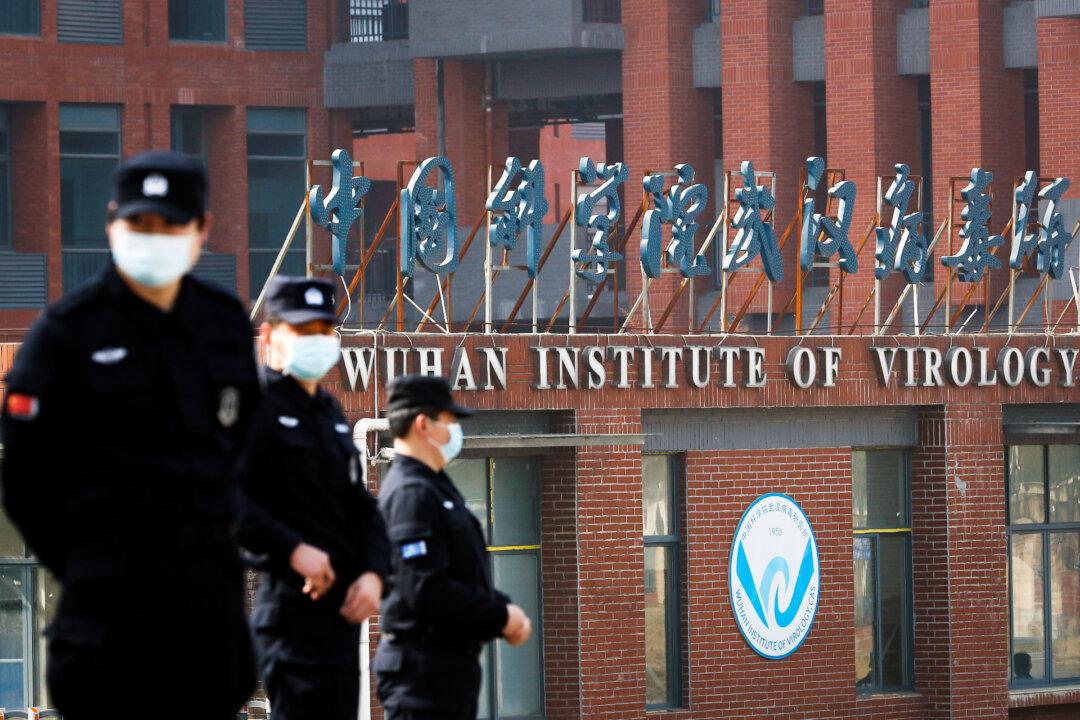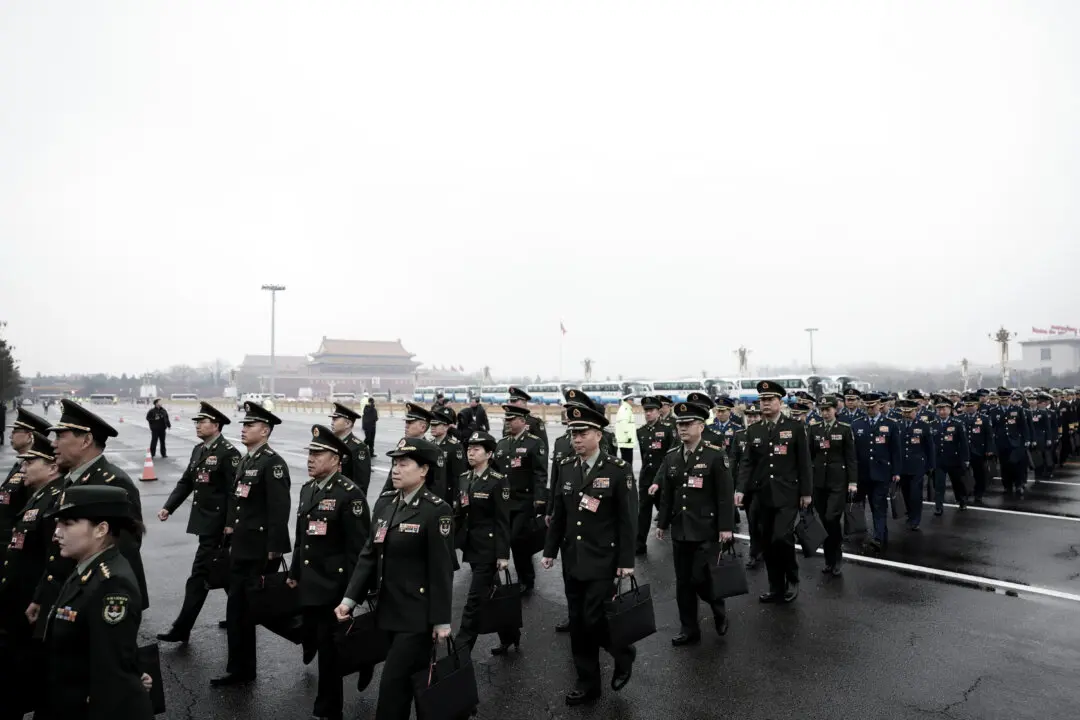After the Chinese regime barred Winter Olympics ticket sales to the general public over COVID-19 concerns, it ended up giving tickets to carefully selected employees of Chinese state-owned enterprises instead.
Organizers didn’t want the venues to look empty, so the day before the opening ceremony of the Games they invited about 150,000 people to attend various events. Those chosen included diplomats, businessmen, students, local residents, and sponsors, but their exact identities were kept secret, the Wall Street Journal reported. All were told they had to abide by confidentiality rules and not post on social media or discuss their game-watching with the outside world without authorization, the Journal reported, citing people with knowledge of the matter.




